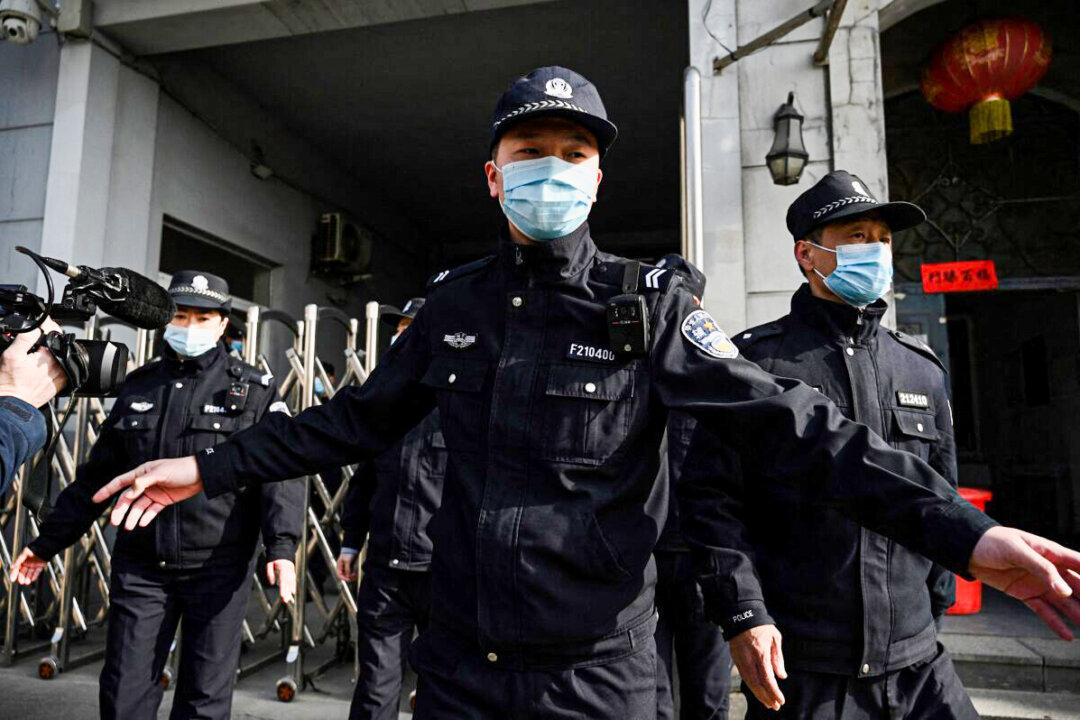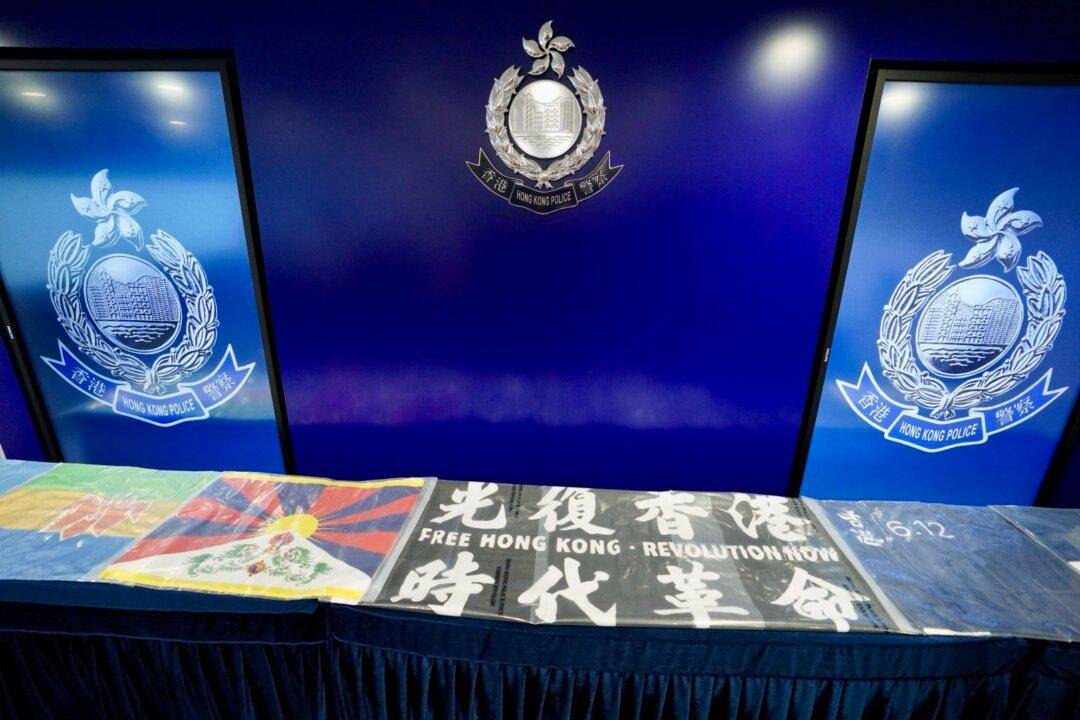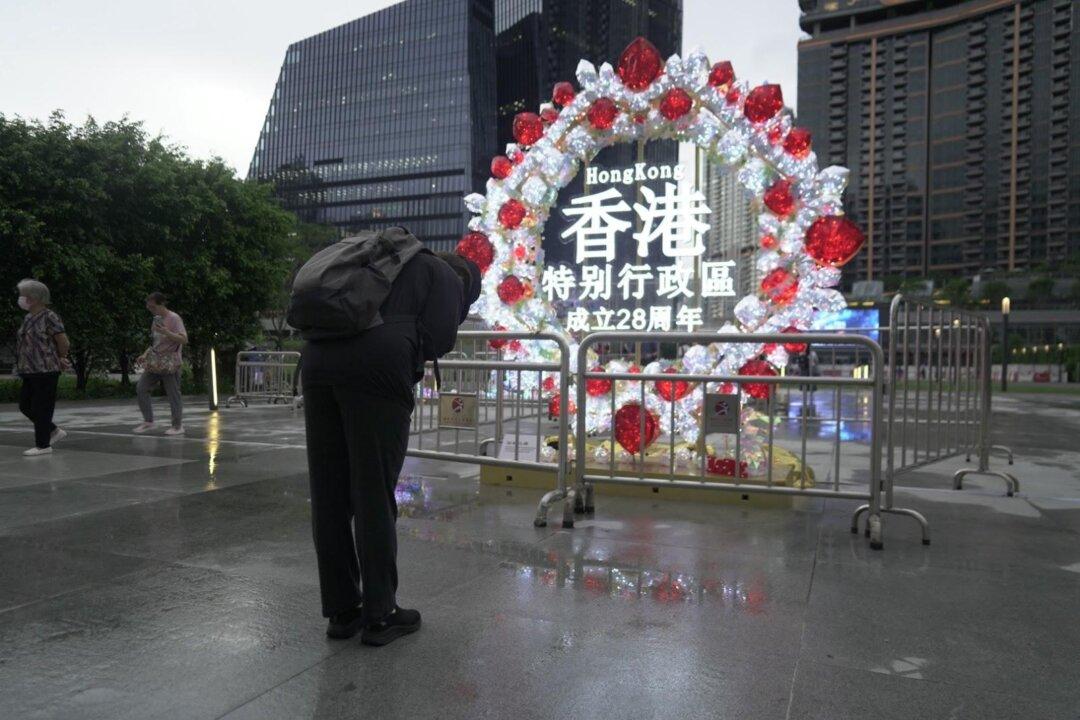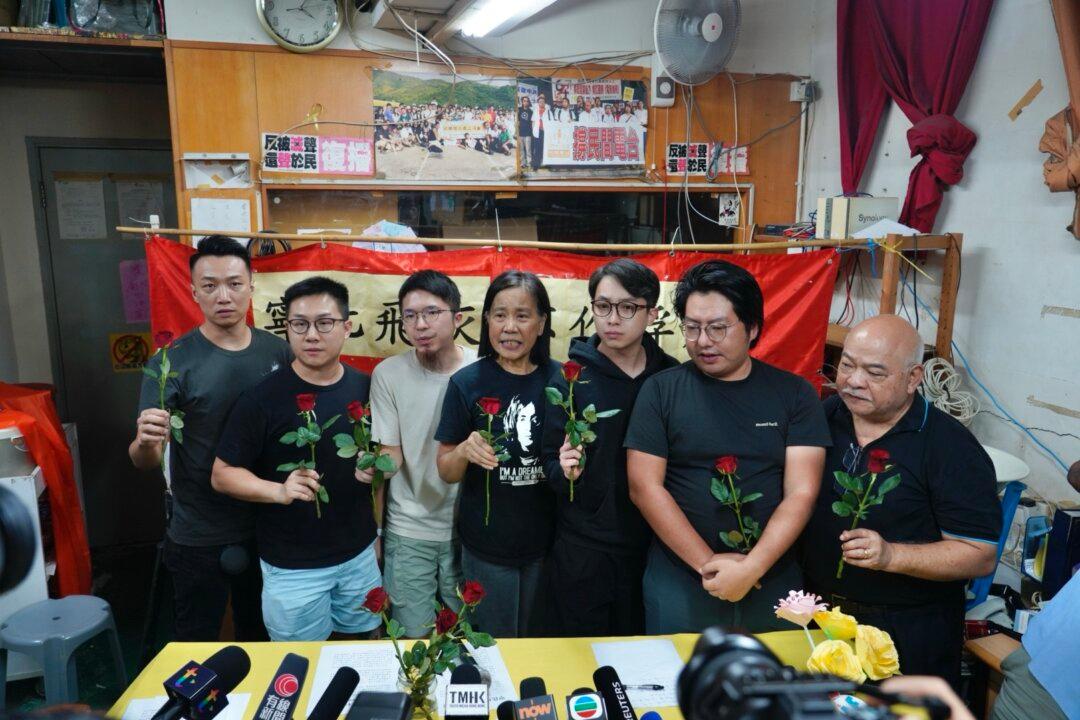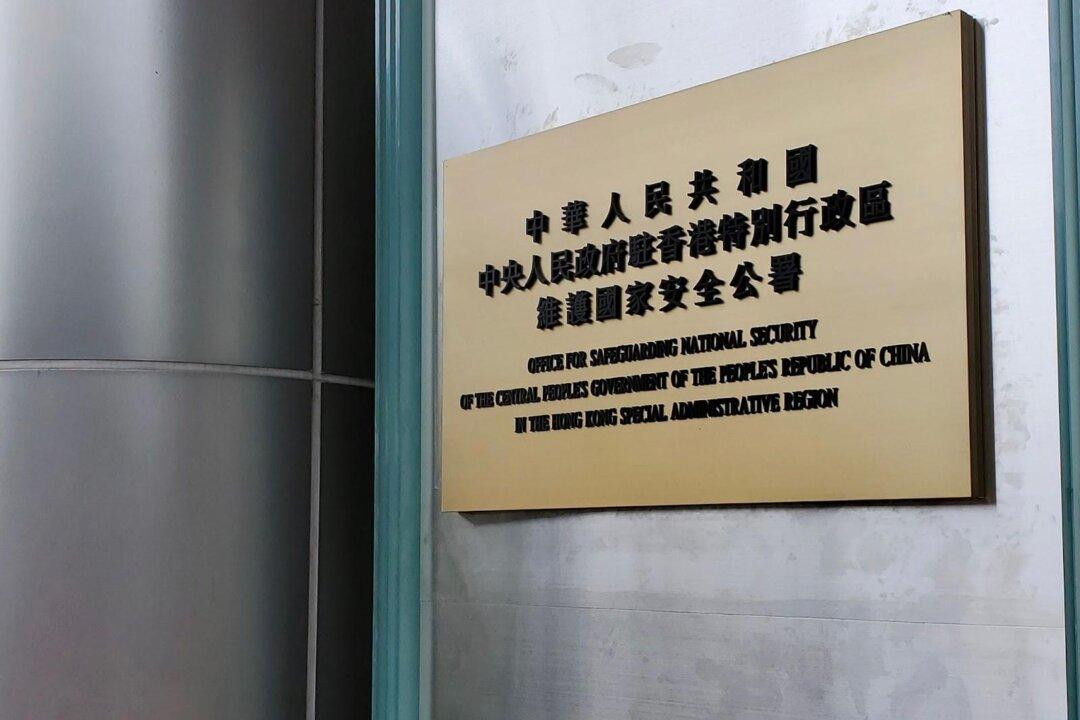John Shing-Wan Leung, a U.S. citizen and Hong Kong resident, was sentenced to life in prison on espionage charges on May 15 by the Chinese Communist Party (CCP) in Suzhou, Jiangsu Province. According to public information, the 78-year-old Leung, a pro-CCP overseas Chinese leader in Texas, served as president of the China Council for the Promotion of Peaceful National Reunification, among other positions.
The Suzhou Intermediate People’s Court found Leung guilty of espionage and sentenced him to life imprisonment, deprivation of political rights for life, and confiscation of personal property of 500,000 yuan (about $71,916), according to Chinese state media.
